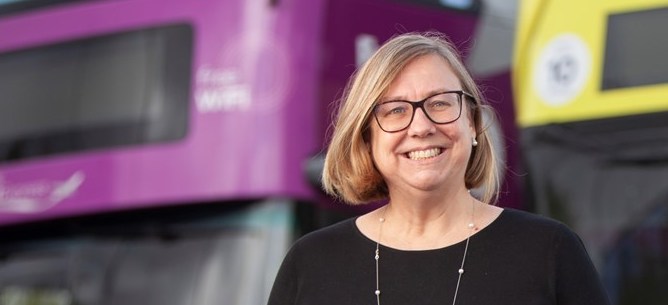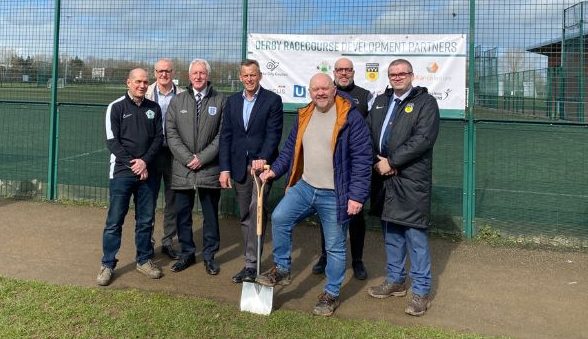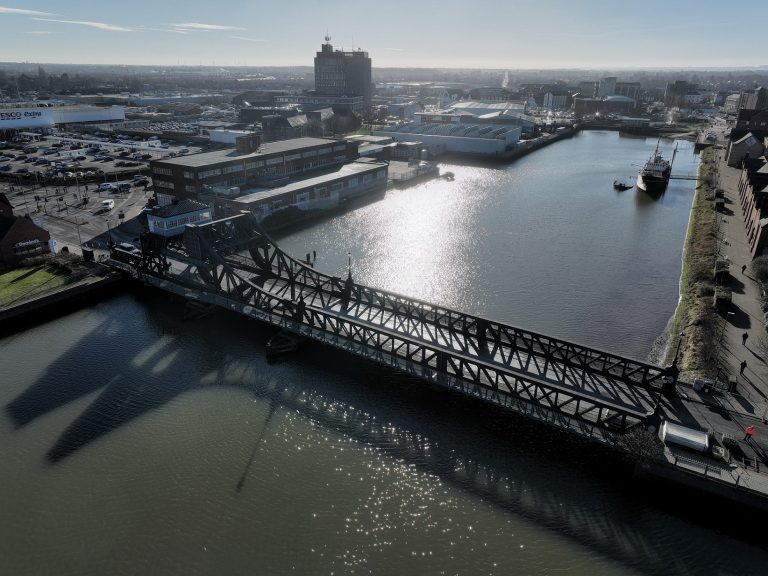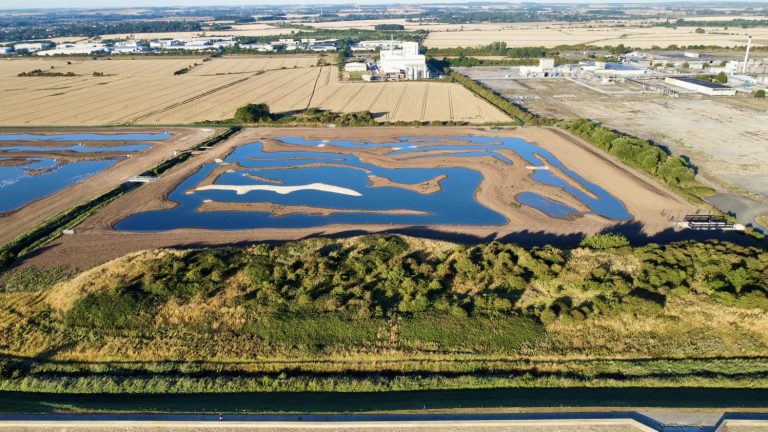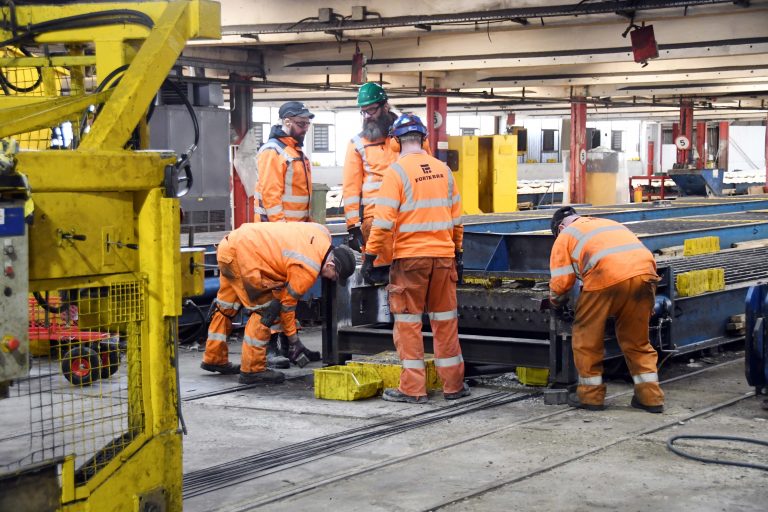“We cannot wait to see our customers’ reactions once the project is complete, as we know the difference this will make to the city. Electric really is the future and we’re glad we can take our customers on this journey with us.
In total Leicester has benefitted from nearly £22 million funding from the ZEBRA scheme to support 114 electric buses. Roads Minister Richard Holden said: “Buses are the backbone of our transport network, providing affordable travel for commuters, families, and pensioners, and providing an economic lifeline for towns and cities around the country.“This multimillion investment for Leicester’s clean transformation, coupled with the new Bus Centre of Excellence, will help drive the country’s bus sector recovery and provide passengers with cleaner, more affordable buses that run on time.”
The Leicester announcement comes in parallel with news of Government plans to invest £815,000 in a new Bus Centre of Excellence designed to bring together expertise from local government, bus operators and industry to boost skills and diversity in the bus sector. Hosted by the Chartered Institution of Highways and Transportation, it will provide training opportunities, direct access to resources and industry experts, as well as networking events to uplift the capacity and capability of the whole sector, working to encourage people to get back on the bus.

